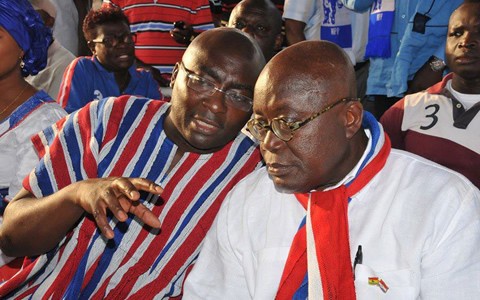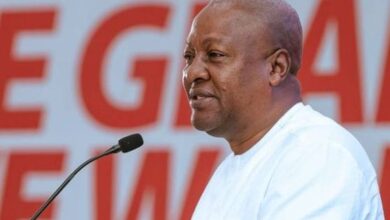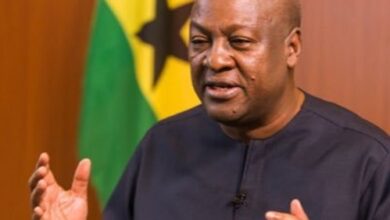The current reality facing Ghanaians, characterized by severe economic hardship under the leadership of President Nana Akufo-Addo of the New Patriotic Party, reflects a state of leadership paralysis. The flagship policy “Planting for Food and Jobs,” aimed at boosting food production, reducing imports, and creating employment, has faltered due to policy inefficiencies and mismanagement of allocated funds.
Ghana’s annual consumer inflation eased to 22.8% in June 2024, the lowest since March 2022, yet remaining well above the central bank’s target band of 6% to 10%. The deceleration was driven by non-food prices (21.6% vs. May’s 23.6%), while food prices continued to rise (24% vs. 22.6%). The recent stability of the cedi likely contributed to this trend.
The fiscal deficit widened slightly to 9.3% of GDP in 2022, up from 9.2% in 2021, primarily due to increased spending. Public debt reached 93.5% of GDP in 2022, up from 82.0% in 2021, driven by fiscal deficits and currency depreciation.
Looking ahead, Ghana’s GDP growth is projected to slow to 1.7% in 2023, with a recovery to 3.0% in 2024 aligning with global demand trends. Inflation is expected to remain high at 44.7% in 2023, easing to 20.4% in 2024 due to base effects and inflation in food and energy sectors.
Efforts to close financial gaps include exploring private equity, carbon markets, and climate impact bonds, alongside enhancing regulations to attract sovereign welfare and pension funds. Leveraging natural capital could further bolster private finance initiatives.
The Institute of Economic Affairs (IEA) has urged the government to take accountability for poor macroeconomic outcomes during 2020-2022, citing excessive spending, borrowing, and external shocks like Covid-19 and the Russia-Ukraine war.
In response to President Akufo-Addo’s recent address, the IEA noted that most macroeconomic indicators worsened in 2023 compared to 2016, despite improvements during 2017-2019. It emphasized the need for responsible fiscal policies and adherence to the Fiscal Responsibility Act to stabilize the economy.
In conclusion, amidst these challenges, the call for leadership from Dr. Mahamadu Bawumia resonates with the belief that change is possible. His advocacy for economic restructuring and accountability underscores the potential to navigate Ghana through these turbulent times with what? l rest my case
Story by: Alexander Kukah





